Your support helps us to tell the story
As your White House correspondent, I ask the tough questions and seek the answers that matter.
Your support enables me to be in the room, pressing for transparency and accountability. Without your contributions, we wouldn't have the resources to challenge those in power.
Your donation makes it possible for us to keep doing this important work, keeping you informed every step of the way to the November election

Andrew Feinberg
White House Correspondent
David Cameron has described Britain as “a Christian country” with “important religious roots and Christian values”.
Christians haven’t always appreciated the Government’s policies, however.
When the Church of England attacked Thatcherism just before the election

In May the Church of England crticised the dominant creed in the Conservative party, Thatcherism – from which many Government policies are derived.
In a 52-page pre-election pastoral letter from the House of Bishops, the Church’s senior clerics criticised the post-war consensus but also said free market capitalism “tends to entrench inequality, diminish human sympathies and, unchecked, damage the conditions for its own flourishing.”
“Thatcher’s market revolution emphasised individualism, consumerism and the importance of the corporate sector to the extent that, far from returning to Victorian notions of social responsibility, the paradigm for all relationships became competitive individualism, consumption and the commercial contract, fragmenting social solidarity at many levels,” the letter argued.
“A new vision is required in which neither the state nor the market can accumulate the kind of unfettered power which divide people from one another and defeat hope and purpose.”
When Iain Duncan Smith mocked the Church’s “dwindling relevance”
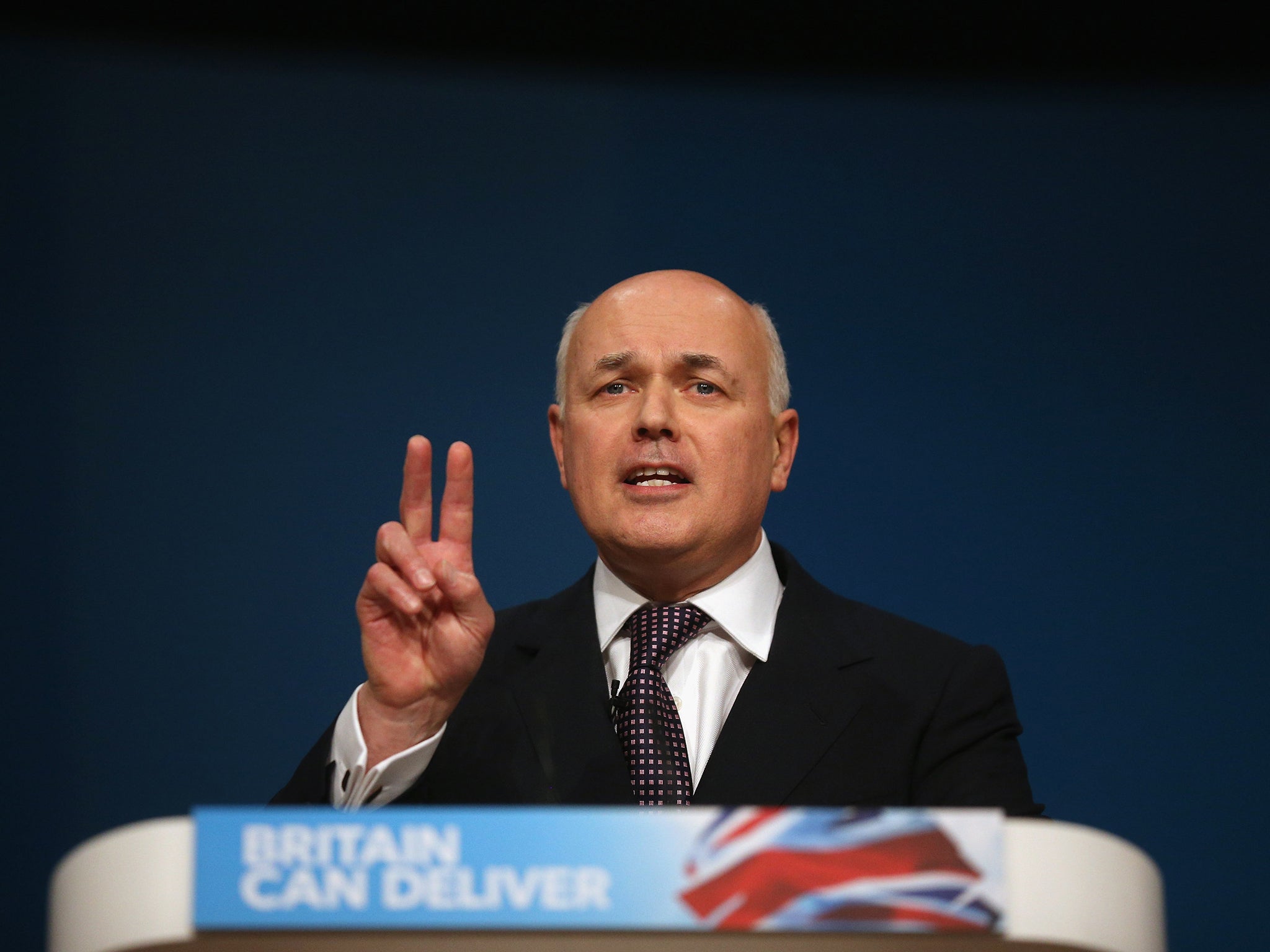
The Work and Pensions Secretary was not pleased with the Bishops’ intervention. Christian country? Maybe, but he thought they should keep their views to themselves.
"Personally, when I heard the Bishops comments about alienation and dwindling relevance I thought they were talking about the Church of England congregations,” he told Sky News.
“It is ironic that despite claiming to be non partisan they only produce these reports when conservatives are in government.
“I simply ask the question, where were the bishops when the last government crashed the economy, borrowed record sums, saw income inequality rise to record levels, while piling debts on the backs of our children.”
When four churches launched a Christmas card-writing campaign against the Government’s benefit changes

A number of Christian Churches have heavily criticised the Government’s benefit reforms.
Earlier this month the congregations of the Baptist Union, the Methodist Church, United Reformed Church and the Church of Scotland wrote to Iain Duncan Smith to ask him to think again about his benefit cuts.
The churches warned that the cuts would spread poverty and undermine the security of family life.
“A family's material needs, especially the needs of children, should be met where possible. This is a principle central to the benefit system and which the Welfare Reform and Work Bill currently before Parliament is proposing to change,” said Paul Morrison, policy adviser for the Methodist Church, in relation to the campaign.
When leading Catholics asked Iain Duncan Smith to stop his benefit cuts
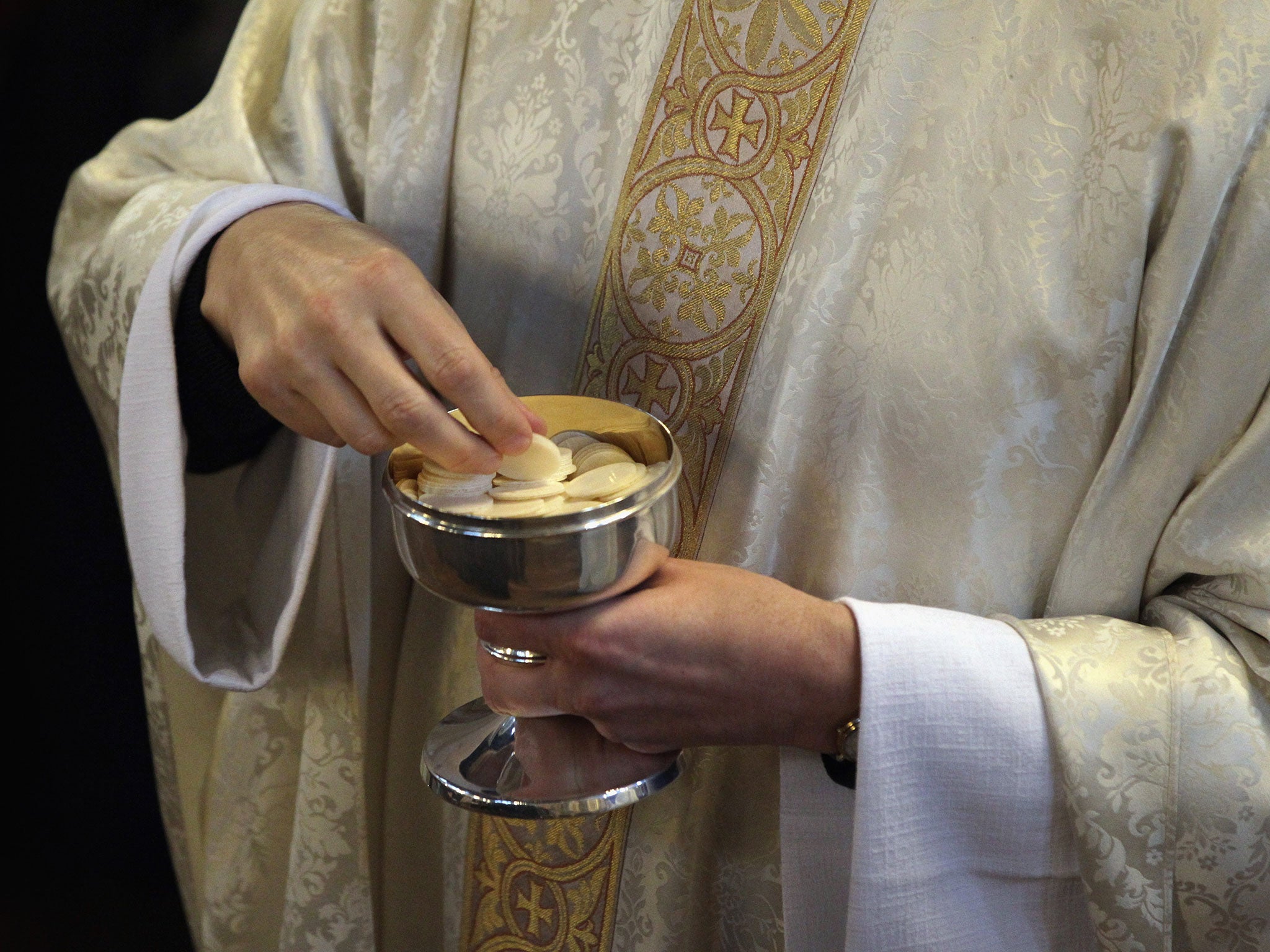
In July dozens of senior Catholics wrote to the Work and Pensions Secretary to warn about their “concern” over his benefit changes.
The letter’s signatories, which included theologians, clerics, authors, academics, and aid workers, quoted Saint Augustine, arguing that “charity is no substitute for justice withheld”.
“Of particular concern are benefit sanctions. We were shocked to learn that your Department recognises sanctions can lead to a deterioration in the health of a claimant,” they said.
“Yet sanctions continued to be imposed. This, as a punishment for what may be a clerical or timekeeping error, seems excessive. We would not expect prisoners in our jails to be punished in this way, and would be grateful if you would consider whether it is an appropriate way to treat people who are unemployed, sick, or disabled.”
Figures including author and screenwriter Frank Cottrell-Boyce; leading academic historian Sir Tom Devine OBE and author David Lodge signed the letter calling for a dialogue about controversial welfare changes.
When Methodists and Baptists said the Government was stigmatising Britain’s poor
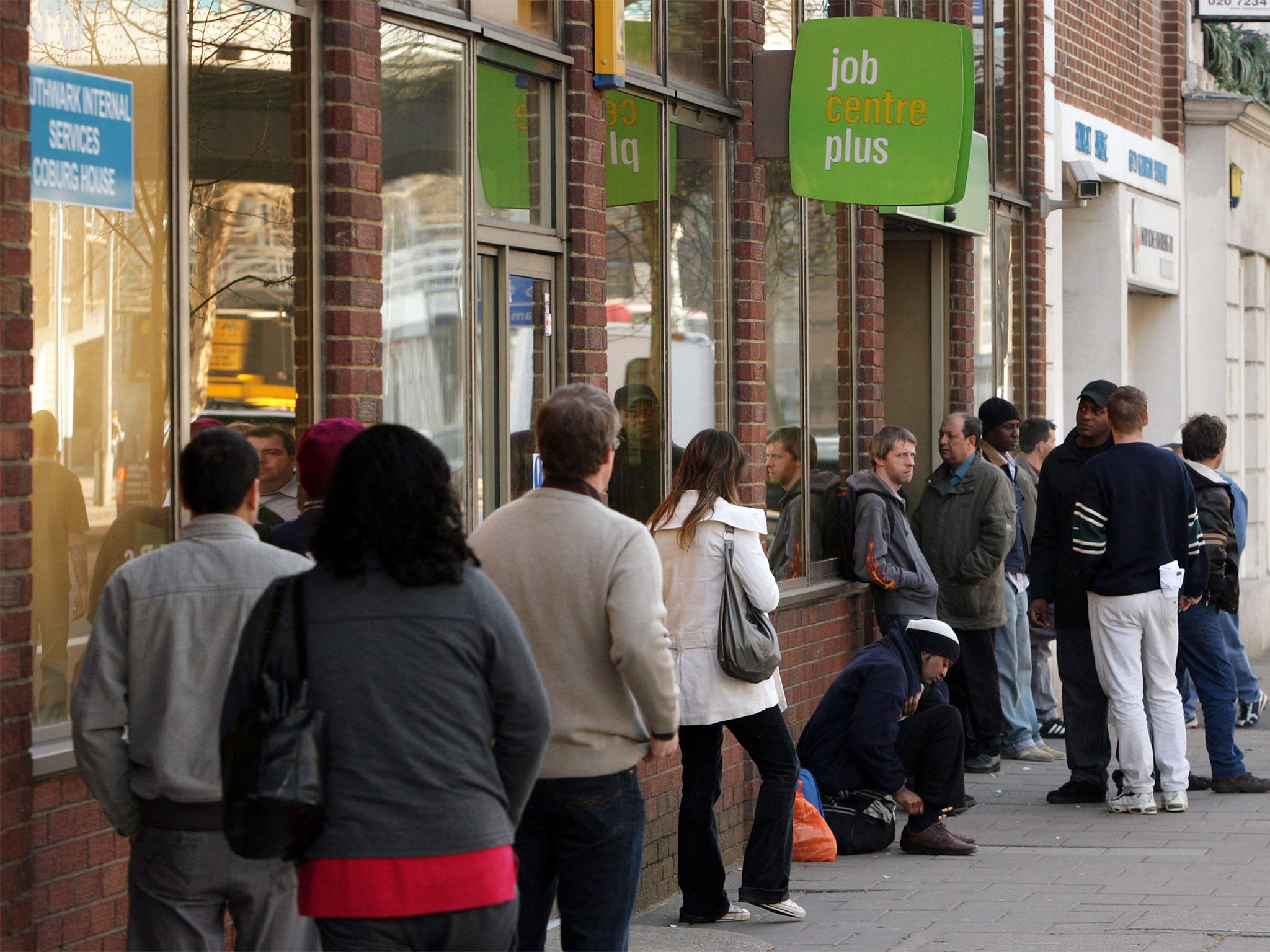
In 2010 the Methodist Church, the Baptist Union of Great Britain, Housing Justice and Church Action on Poverty raised concerns that the Government was basing its welfare policies on “inaccurate assumptions about the poor”.
“There is a serious danger that people living in poverty will be stigmatised by government announcements which imply they are workless are lazy or work-shy," said Revd Alison Tomlin, President of the Methodist Conference.
"The Government seems to assume that if people are forced into to working they will comply and their lives will be made better. The poor we meet are seeking to better their lives in difficult circumstances. They are willing to work, but face difficulties in finding jobs, in meeting caring responsibilities and in living on the wages offered."
The churches challenged Work and Pensions Secretary Iain Duncan Smith to actually meet people in poverty and base his policies on their experiences.
“The Government needs to understand what people in poverty need in order to return to work. It’s not good enough to just tell people to ‘pull their socks up’,” said Graham Sparkes, President of the Baptist Union of Great Britain.
When the Government passed equal marriage

When the Coalition government passed equal marriage in 2013 a number of Christian groups were not pleased.
Pope Benedict used his Christmas speech in 2012 to denounce equal marriage, saying it was a threat to family life. Cardinal Keith O'Brien describe the legislation as "harmful".
Religious Conservatives within the Tory party rebelled to attempt to block the legislation and it was passed with the help of Liberal Democrat and Labour MPs.
Some Christian groups, including the United Reformed Church, however, do permit to same-sex unions where local congregations support them.
Many individual members of all Christian groups are also positive about same-sex marriage.
When Church Action on Poverty took out an advert to say Government policy was starving people

In 2013 Church Action on Poverty, an ecumenical Christian charity, took out a billboard that read “Britain isn’t eating”.
The billboard aped the style of the famous 1979 poster that got Margaret Thatcher elected – which read “Labour isn’t working”.
Instead of an unemployment office, the queue depicted in the advert was for a food bank.
The advert read: “Thousands are going hungry because of benefit changes. Call for urgent action.”
Iain Duncan Smith claimed that he “refuted” the claim and accused the charity of “scaremongering”.
When ministers refused to meet a Christian food bank charity
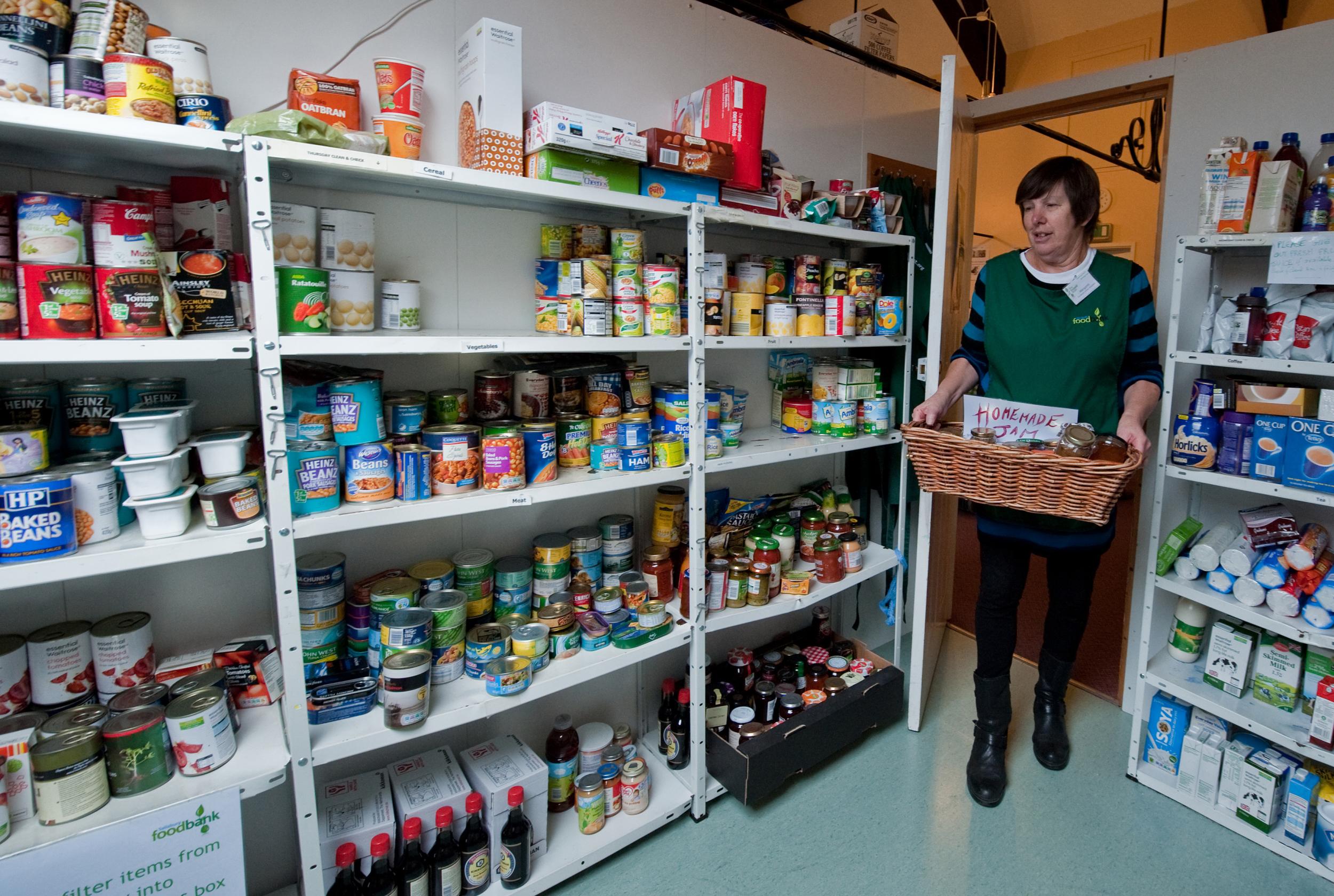
Iain Duncan Smith has long been criticised for refusing to meet the chair of the Trussell Trust, Britain’s largest operator of food banks.
Chris Mould had requested a meeting with the Work and Pensions Secretary as far back as 2013.
Mr Duncan Smith has claimed the charity engage in “political messaging”. The charity is staffed by 30,00 volunteers and operates hundreds of food banks.
Subscribe to Independent Premium to bookmark this article
Want to bookmark your favourite articles and stories to read or reference later? Start your Independent Premium subscription today.
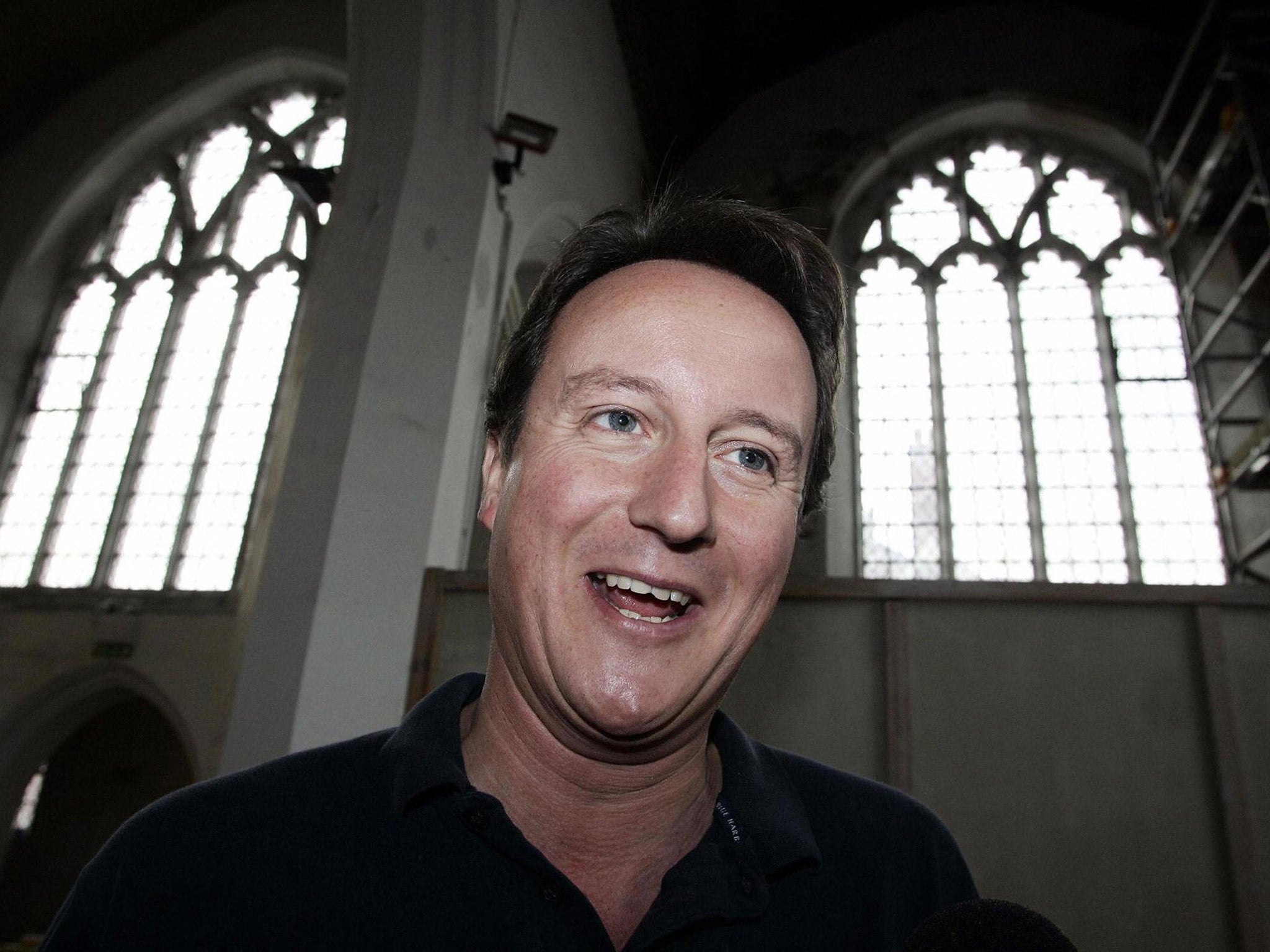
Join our commenting forum
Join thought-provoking conversations, follow other Independent readers and see their replies
Comments